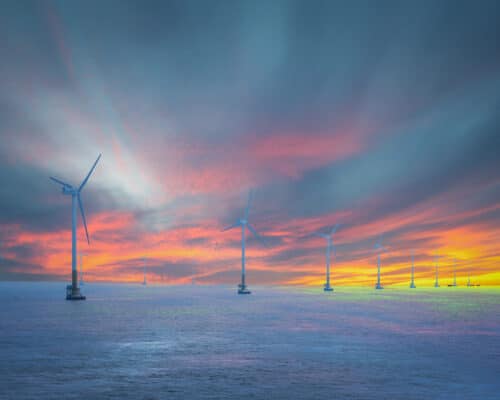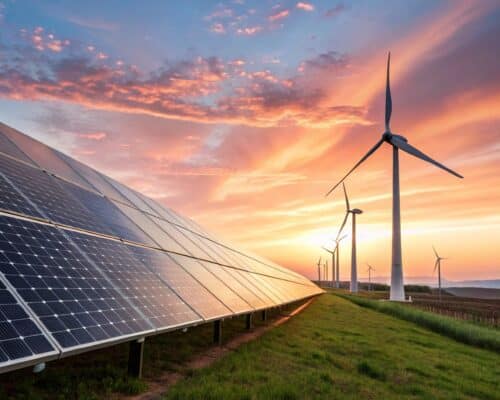Articles

Trump’s Environmental Policy: Is “Climate Change the Greatest Con Job Ever”?
While Trump's climate policy rollbacks have destabilised global efforts, they are also accelerating a power shift, paving the way for Asian nations to emerge as the world's new climate leaders.
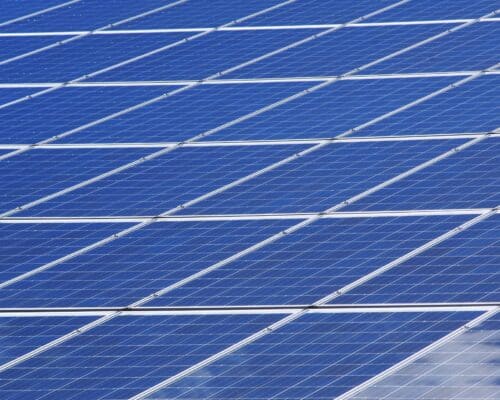
BNEF: Renewables Are Becoming Cheaper than Natural Gas in Southeast Asia
Despite the better economics, improved energy security and accelerated climate action that renewables guarantee, Southeast Asian nations plan for massive gas investments. Changing course requires political ambition for weaning energy systems off fossil fuels, pledging more ambitious climate targets and supporting clean energy developers.
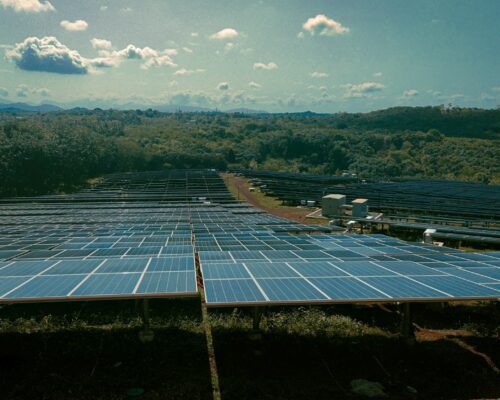
China’s Green Manufacturing Industry Brings Massive Investments to 54 Countries
A new database reveals that a rapid acceleration in overseas investment by Chinese green technology manufacturers is reshaping the global clean-tech landscape and bringing economic benefits to over 50 countries worldwide, with ASEAN attracting the most capital.

Where There is a Will, There is Collaboration [Op-Ed]
As climate risk grows, a clear, collaborative climate agenda from major economies is essential. China’s rapid scale-up of clean energy, India’s accelerating non-fossil power share, and Brazil’s leadership on forests, alongside EU ambitions, point to a multipolar path forward. The question is whether financing and resilient, demand-driven cooperation can unlock the trillions needed to protect vulnerable populations and sustain global supply chains in a changing geopolitical landscape.

How Trump’s Tariffs Are Rewriting Asia’s Clean Energy Future
US tariffs on Asian imports are rippling through the region, destabilising solar supply chains, reshaping energy policies and prompting a regional realignment as countries seek to shield their markets. With duties ranging from 10% to 50% and soaring solar tariffs in Southeast Asia, analysts warn of supply gluts, factory closures and mounting cost pressures as many Asian governments push for a faster transition to renewables. The policy moves risk locking in costly infrastructure. The tariffs could accelerate a regional pivot toward homegrown solar and regional trade cooperation, even as critics say the costs will fall hardest on consumers and climate goals.
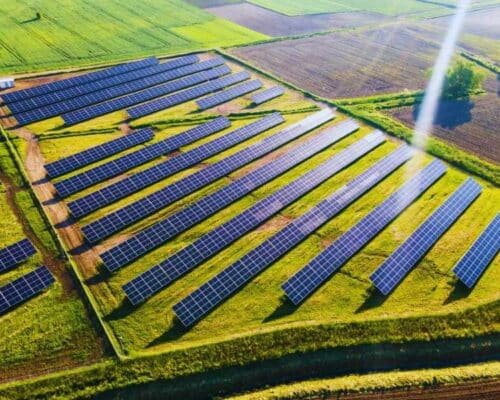
Foreign Direct Investment in Bangladesh: The Economic Impact
Bangladesh’s foreign direct investment in power and energy has entrenched fossil fuels, leaving renewables a mere 3% of electricity and worsening energy poverty and overcapacity. Policy hurdles, land conflicts and biased incentives have stalled a green transition, heightening economic and development risks.
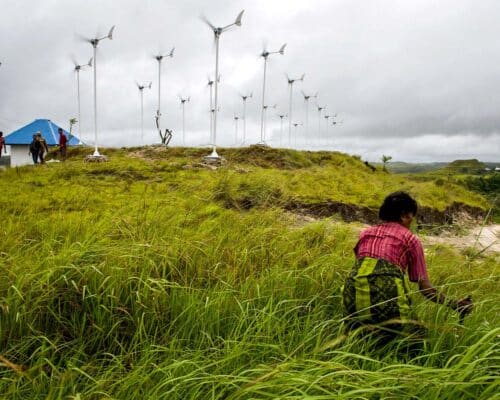
Floating Wind Farms: Indonesia’s Deepwater Bet Against Coal
Indonesia remains locked into fossil fuel dependency, even as Jakarta talks about the need for more renewable energy to cut power sector emissions. Floating offshore wind power is the answer that policy makers and energy companies have been looking for. However, it will take political self-will and determination to make the pivot.
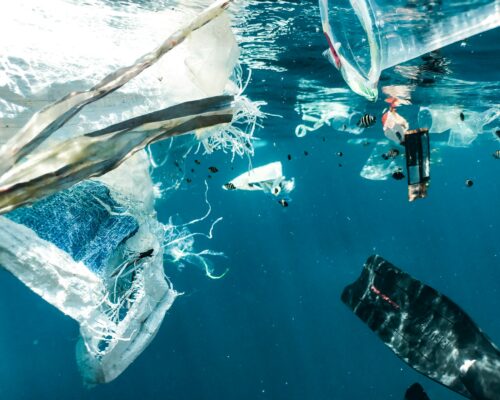
Why Global Plastics Treaty Talks Failed?
The failure of the INC-5.2 Geneva talks highlights how vested interests, particularly petrostates, continue to block meaningful global action on plastic pollution. With plastic production surging—contributing nearly 5% of global emissions—and microplastics infiltrating ecosystems and human health, urgent leadership and policy shifts are critical.

Coastal Communities Bear the Brunt of Thailand’s LNG Boom [Op-Ed]
Thailand's push to achieve carbon neutrality by 2050 relies heavily on expanding LNG infrastructure, but this fossil fuel remains a significant environmental and health threat. Communities in Rayong face pollution, water contamination, and health risks, raising urgent questions about whether Southeast Asia’s energy transition is sustainable. If policymakers act now, the push for renewables offers a safer, cleaner alternative.
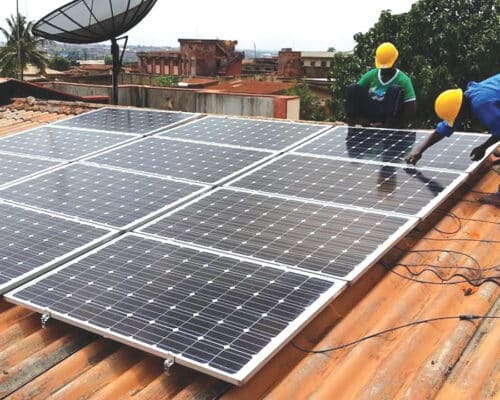
Solar Energy in Nigeria: A Reliable Alternative To A Struggling Grid
Solar energy in Nigeria is stepping in where the grid falls short. Mini grids, rooftop PV and batteries are cutting diesel costs while providing an economic engine. Investing in solar energy will help the country reach its decarbonisation goals and increase electrification rates.
Asia’s Proposed Coal Projects May Reverse Recent Declines, Significantly Increasing Methane Emissions [Op-Ed]
Global coal mine capacity saw its lowest increase since 2015, but with over 2,200 Mtpa still in development—primarily in China and India—the risk of future expansion remains high. Projected methane emissions from these new mines could surpass Japan’s annual greenhouse gas output, exacerbating climate impacts. The trajectory of coal development in Asia highlights ongoing challenges for climate mitigation efforts.
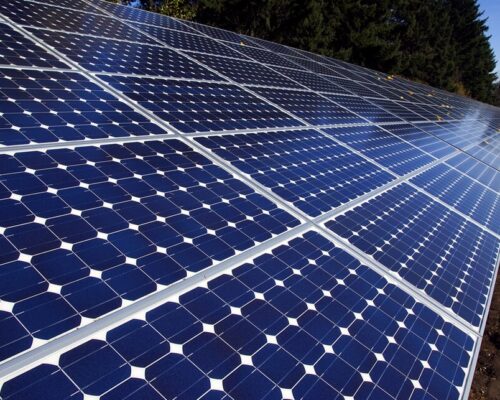
Perovskite Solar Cells Race: Japan’s Plan to Lead
Japan is racing to lead the global perovskite solar cell industry, aiming to install 20 GW by 2040 and build a self-sufficient supply chain. Despite promising technological advances and ambitious targets, cost and durability barriers remain, highlighting the need for bolder policy support to turn perovskites into a game-changer for decarbonisation and energy independence.
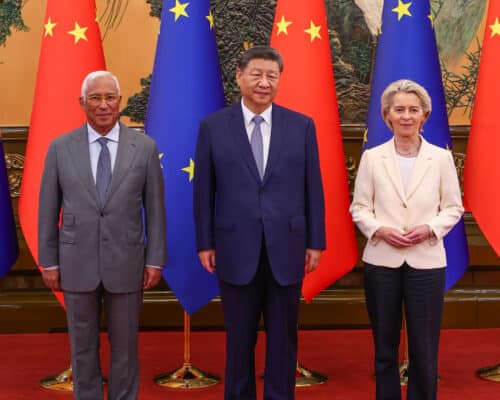
The EU-China Meeting Marks a New Era in Climate Diplomacy
The world has reached the moment when emissions must peak to keep the 1.5°C target within reach and avert the most devastating impacts of climate change. In the absence of the US, the China-EU climate cooperation offers hope that this might still be possible.

AI Data Centre Development in Japan and Clean Energy Transition
As AI data centres rapidly expand globally, their immense energy demands threaten to undermine decarbonisation efforts — unless powered by 100% renewables. Japan’s proactive “Watt-Bit Collaboration” aims to coordinate data centre growth with renewable energy development, but challenges around location and definitions of “clean energy” remain. The future of sustainable AI hinges on smart policy and clear energy standards.
Most Popular
Most Popular
Categories
-
10
-
34
-
126
-
4
-
17
-
46
-
52
-
11
-
10
-
15
-
24
-
6
-
1
-
5
-
6
-
279
-
199
-
17
-
24
-
1
-
1
-
23
-
39
-
44
-
87
-
18
-
86
-
41
-
17
-
11
-
43
-
50
-
86
-
293
-
22
-
44
-
36
-
10
-
42
-
36
